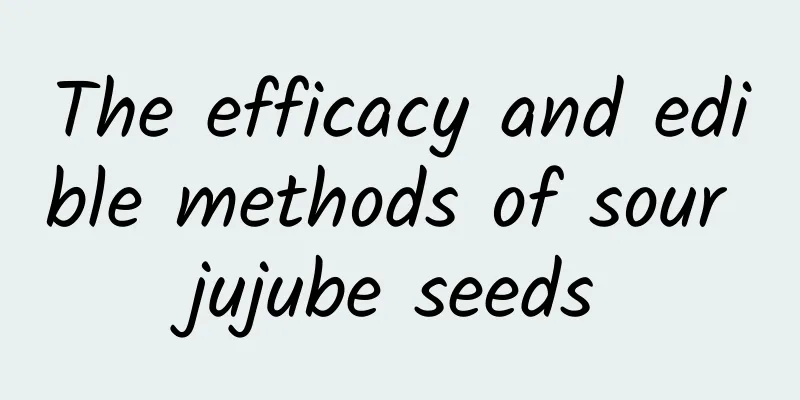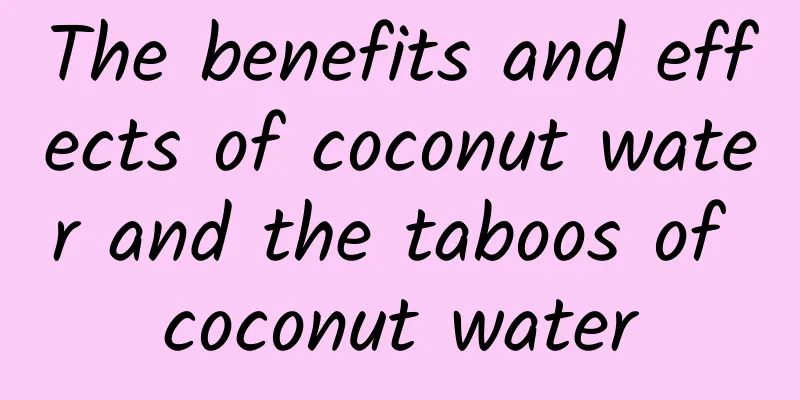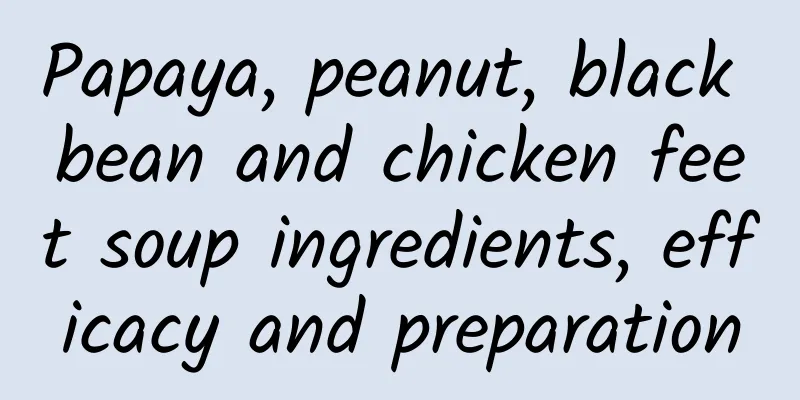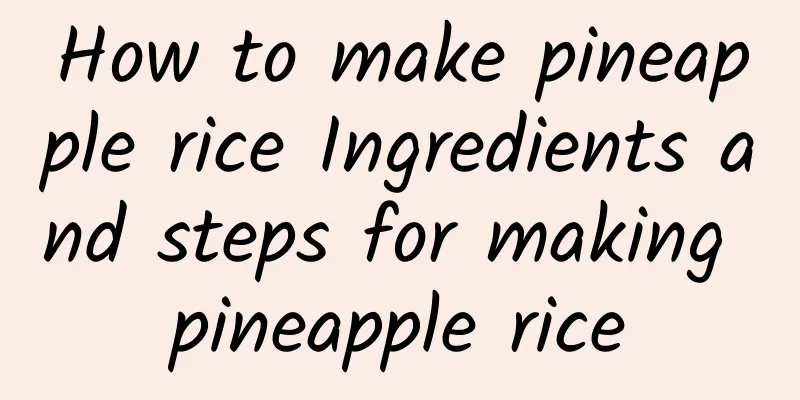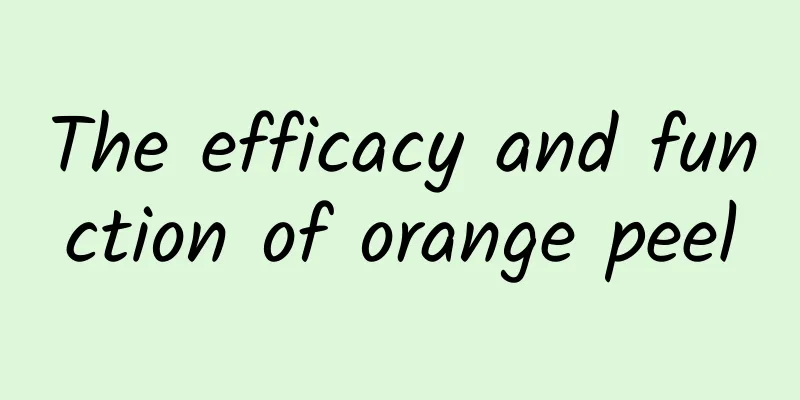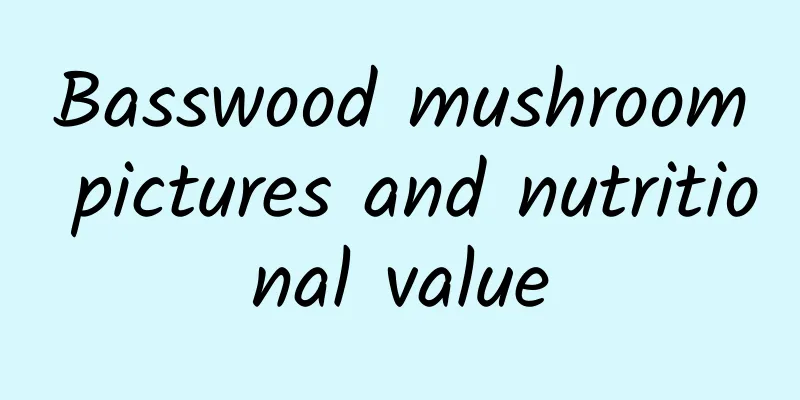Off-season cultivation techniques for tomatoes
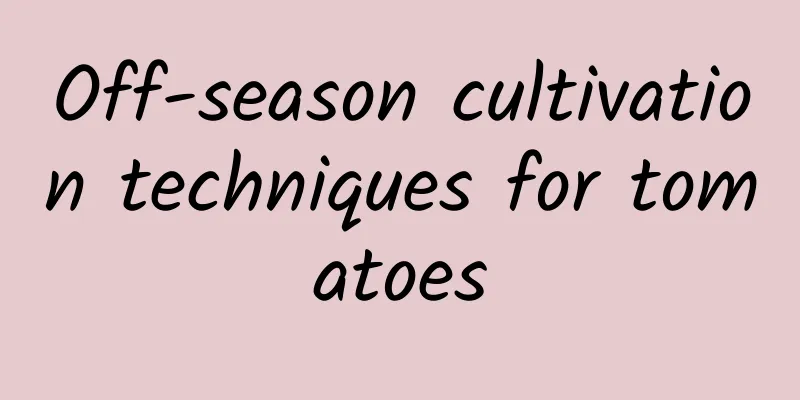
|
We all know that tomatoes are generally grown in spring, so what should we pay attention to if we grow them off-season? 1. Tomato planting season:The supply period of off-season tomatoes in South China is generally from June to October. The sowing time is from March to June, and the planting period is from April to July. Those planted before early April and after late July can be planted in mountainous areas with an altitude of 300 to 500 meters. Those planted from mid-April to mid-July can generally be planted in mountainous areas with an altitude of 500 to 700 meters. 2. Tomato variety selection:For summer tomato cultivation, varieties that are heat-resistant, disease-resistant, vigorous, not prone to premature aging, resistant to storage and transportation, resistant to fruit cracking, good quality, high yield, and popular should be selected. Such varieties include Fengshun, Yifeng, Xinxing 101, Nianfeng, Xiahong No. 1, Dafengshun, etc. Varieties that are not resistant to bacterial wilt, such as Jinfeng No. 1, Mingzhu, Hongbaozi, Shengnu, etc., can be used as off-season cultivars in areas where bacterial wilt is not prevalent, but should not be used as cultivars in areas where bacterial wilt is more serious. Varieties should be selected according to local conditions, and promotion should be carried out after successful trial planting on a small scale. 3. Field management:During the growth period of summer tomatoes, it is a season of high temperature and high humidity, frequent typhoons and heavy rains, or high temperature and scorching sun exposure, and pests and diseases are serious. Therefore, you should choose a field that has not been planted with nightshade vegetables for 2 to 4 years, and use deep furrows and high ridges to facilitate drainage. The base fertilizer should increase the ratio of phosphorus and potassium, and control the amount of nitrogen fertilizer. At the same time, plant appropriately close to provide mutual shade, reduce and stabilize soil temperature, and facilitate root growth. After planting, you can cover the bed with straw and then add soil on top to prevent the soil from hardening after rain, reduce water evaporation, inhibit the growth of weeds in the field, and reduce the occurrence of diseases. During the entire growing period, you only need to weed and add soil, no inter-cultivation is required, and you must set up the frame early. Summer tomatoes are generally pruned with two stalks, and more branches and leaves are retained on the upper part of the plant to prevent the fruit from being exposed to direct sunlight and causing sunburn. High temperature will cause flowers and fruits to fall off. Depending on the growth of the plants, 2,4-D 10-15 mg/L or PCDA 25-30 mg/L should be used to protect flowers and fruits in a timely manner. The soil should be kept moist, and topdressing should be done in time. After the fruit is set, more fertilizer should be applied frequently. At the same time, the occurrence of navel rot should be prevented, and 0.2% calcium dihydrogen phosphate can be sprayed on the leaves. |
<<: Tomato fertilization precautions
>>: Prevention and treatment of tomato peel
Recommend
How is the University of North Alabama in the United States? Reviews and website information of the University of North Alabama in the United States
What is the website of the University of North Ala...
How to make cold black fungus How to make cold black fungus delicious
Black fungus can replenish blood, beautify, preve...
What is the effect of daylily? What is the incompatibility of daylily?
Daylily has good medicinal value and is one of th...
How is Dokkyo University? Dokkyo University reviews and website information
What is Dokkyo University? Dokkyo University is a ...
How to distinguish the quality of kiwi fruit
Kiwi fruit is a fruit with a particularly high nu...
The efficacy and function of mountain orange
Mountain orange is a kind of tree. It is a wild p...
Nutritional value and efficacy of hazelnuts
Hazelnut is one of the most common snacks in our ...
How to store shiitake mushrooms How to store shiitake mushrooms
Shiitake mushrooms are one of the most common edi...
The efficacy and function of yellow millet and the way to eat yellow millet
The nutritional value of yellow millet is very su...
What is Bank of Ireland like? Bank of Ireland reviews and website information
What is Bank of Ireland? Bank of Ireland is one of...
How is the French Squirrel Savings Bank? French Squirrel Savings Bank Reviews and Website Information
What is the website of the French Caiisse d'Ep...
Does sugar cane cause internal heat? What happens if you eat too much sugar cane?
Every winter, sugar cane is available in large qu...
The efficacy and function of the forked fruit and the taboos of the forked fruit
The chawa fruit is a delicious edible fruit, but ...
What are the harms of teeth cleaning?
Teeth cleaning is the most popular way of cleanin...
What are the effects and functions of eating ginseng fruit
Ginseng fruit is a fruit with high nutritional va...
